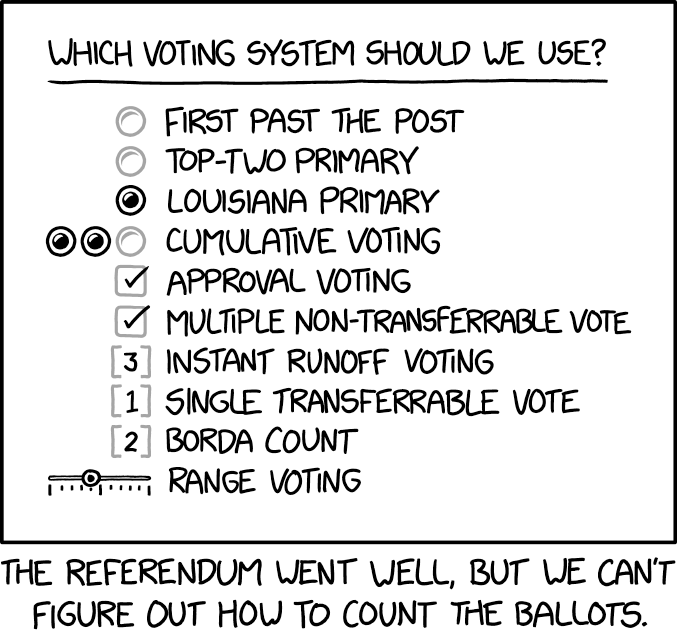And in other news, we're in new territory for the American experiment. This will surely have effects on controversial markets (among other things). An interesting feature of yesterday's vote was that many states preserved or restored abortion rights.
CNN has the still-unfolding story:
7 states vote to protect abortion rights, while efforts to expand access in Florida and South Dakota fail by By Amy O’Kruk, Annette Choi, Lauren Mascarenhas, Kaanita Iyer and Piper Hudspeth Blackburn, CNN, Updated 8:22 AM EST, Wed November 6, 2024
"More than two years after the US Supreme Court overturned Roe v. Wade and ended the federal constitutional right to an abortion, voters in 10 states cast ballots on whether to cement reproductive rights in their state constitutions.
"Measures to protect abortion access in Arizona, Colorado, New York, Maryland, Missouri, Montana and Nevada will pass, CNN projects. In New York, Colorado and Maryland, where abortion is legal at least up to the point of viability, the measures will maintain current abortion access. In Missouri, the amendment will remarkably expand access to abortion, which is currently banned with no exceptions for rape or incest. Similarly in Arizona, the amendment is expected to overturn the state’s ban on abortions 15 weeks into pregnancy.
"But a Florida amendment to protect the right to an abortion up to the point of viability will fail, CNN projects, with the amendment falling short of the 60% voter threshold for passage. The state’s six-week ban will remain in place.
"And South Dakota’s ban on abortions with an exception to save the life of the mother will hold as a majority of voters cast a ballot against an initiative to legalize abortion – with regulations – during the first and second trimesters of pregnancy.
"Voters in Nebraska also weighed in on the issue as they faced dueling measures on the ballot: One that would invalidate the state’s 12-week abortion ban, which makes exceptions for sexual assault, incest and medical emergencies, and the other to uphold the restriction."





